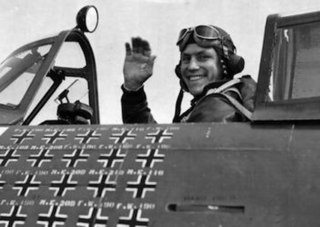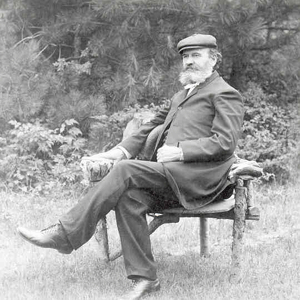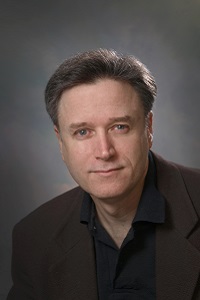A Quote by Martin Esslin
Today, when death and old age are increasingly concealed behind euphemisms and comforting baby talk, and life is threatened with being smothered in the mass consumption of hypnotic mechanized vulgarity, the need to confront man with the reality of his situation is greater than ever. For the dignity of man lies in his ability to face reality in all its senselessness; to accept it freely, without fear, without illusions - and to laugh at it.
Quote Topics
Ability
Accept
Age
Baby
Baby Talk
Behind
Being
Comforting
Concealed
Confront
Consumption
Death
Dignity
Ever
Face
Face Reality
Fear
Freely
Greater
His
Hypnotic
Illusions
Increasingly
Laugh
Lies
Life
Life Is
Man
Mass
Mass Consumption
Need
Old
Old Age
Reality
Senselessness
Situation
Talk
Than
Threatened
Today
Vulgarity
Without
Related Quotes
The absurd man will not commit suicide; he wants to live, without relinquishing any of his certainty, without a future, without hope, without illusions … and without resignation either. He stares at death with passionate attention and this fascination liberates him. He experiences the “divine irresponsibility” of the condemned man.
The man who has lived his life totally, intensely, passionately, without any fear - without any fear that has been created in you by the priests for centuries and centuries - if a person lives his life without any fear, authentically, spontaneously, death will not create any fear in him, not at all. In fact, death will come as a great rest. Death will come as the ultimate flowering of life. He will be able to enjoy death too; he will be able to celebrate death too.
He was a foe without hate; a friend without treachery; a soldier without cruelty; a victor without oppression, and a victim without murmuring. He was a public officer without vices; a private citizen without wrong; a neighbor without reproach; a Christian without hypocrisy, and a man without guile. He was a Caesar, without his ambition; Frederick, without his tyranny; Napoleon, without his selfishness, and Washington, without his reward.
Interdependence is and ought to be as much the ideal of man as self-sufficiency. Man is a social being. Without interrelation with society he cannot realize his oneness with the universe or suppress his egotism. His social interdependence enables him to test his faith and to prove himself on the touchstone of reality.
No man can fight his way to the top and stay at the top without exercising the fullest measure of grit, courage, determination, resolution. Every man who gets anywhere does so because he has first firmly resolved to progress in the world and then has enough stick-to-it-tiveness to transform his resolution into reality. Without resolution, no man can win any worthwhile place among his fellow men.
'Greater love has no man than this that a man lay down his life for his friends' (Jn. 15:13). In truth if someone hears an evil saying, that is, one which harms him, and in his turn, he wants to repeat it, he must fight in order not to say it. Or if someone is taken advantage of and he bears it, without retaliation at all, then he is giving his life for his neighbor.
Criticism has plucked the imaginary flowers on the chain not in order that man shall continue to bear that chain without fantasy or consolation, but so that he shall throw off the chain and pluck the living flower. The criticism of religion disillusions man, so that he will think, act, and fashion his reality like a man who has discarded his illusions and regained his senses, so that he will move around himself as his own true Sun. Religion is only the illusory Sun which revolves around man as long as he does not revolve around himself.
You who prattle that morality is social and that man would need no morality on a desert island - it is on a desert island that he would need it most. Let him try to claim, when there are no victims to pay for it, that a rock is a house, that sand is clothing, that food will drop into his mouth without cause or effort, that he will collect a harvest tomorrow by devouring his stock seed today - and reality will wipe him out, as he deserves; reality will show him that life is a value to be bought and that thinking is the only coin noble enough to buy it.
The abbot told me once that lying was a betrayal to one's self. It's evidence of self-loathing. You see, when you are so ashamed of your actions, thoughts, or intentions, you lie to hide it rather than accept yourself for who you really are. The idea of how others see you becomes more important than the reality of you. It's like when a man would rather die than be thought of as a coward. His life is not as important to him as his reputation. In the end, who is the braver? The man who dies rather than be thought of as a coward or the man who lives willing to face who he really is?





































